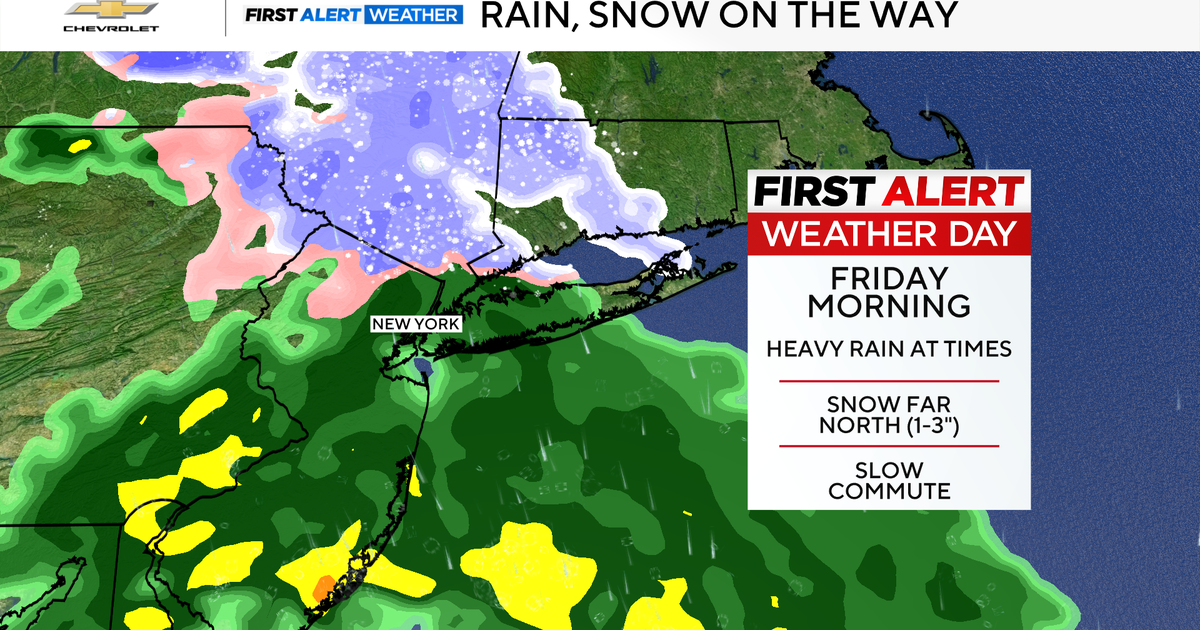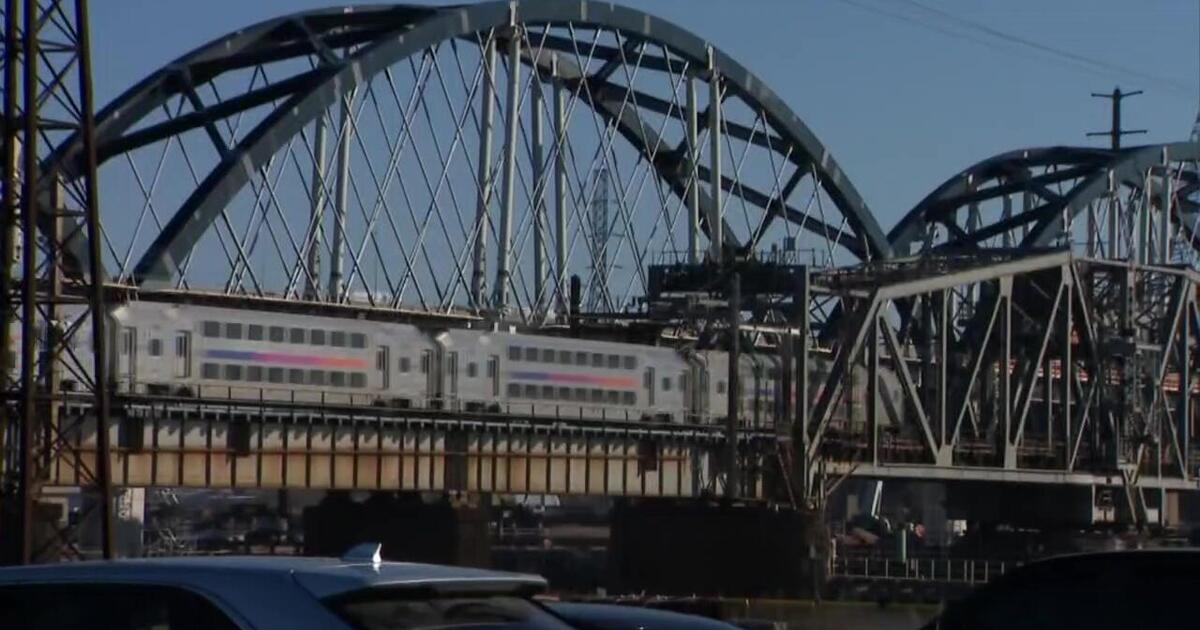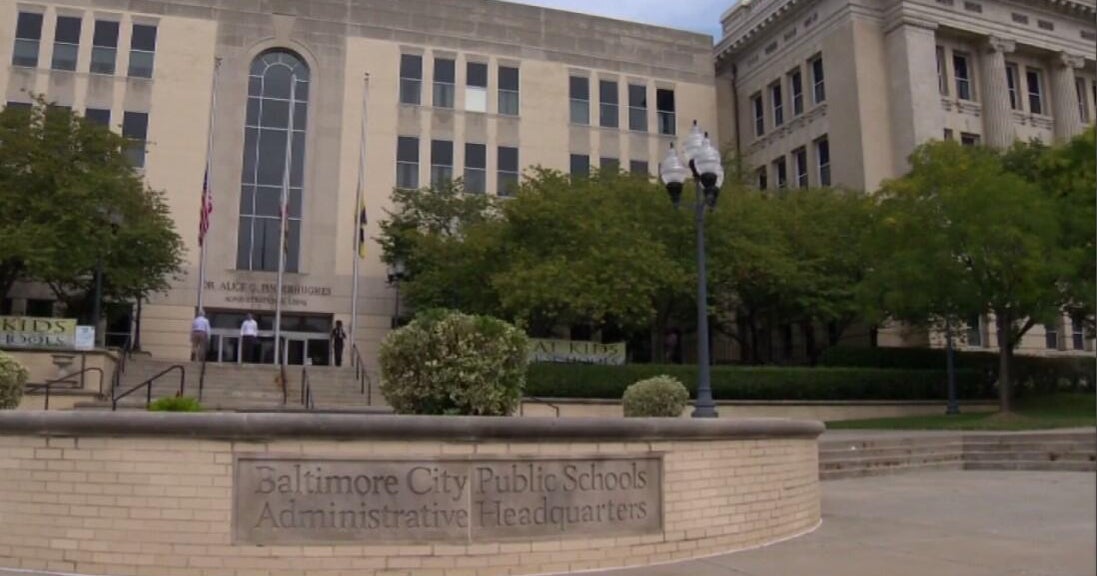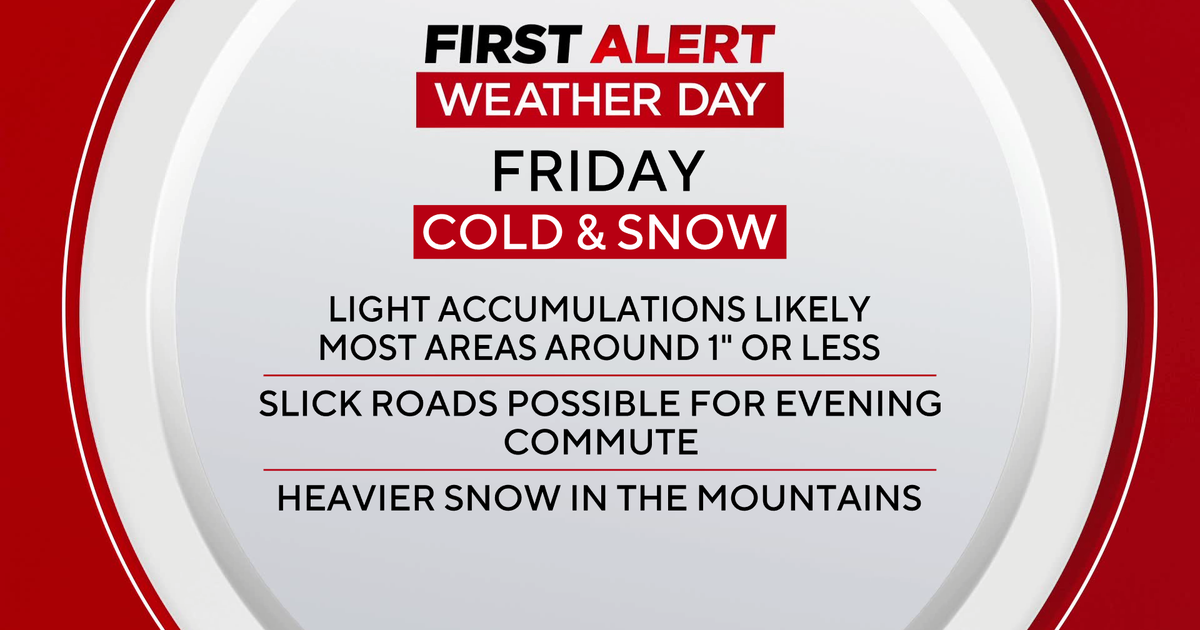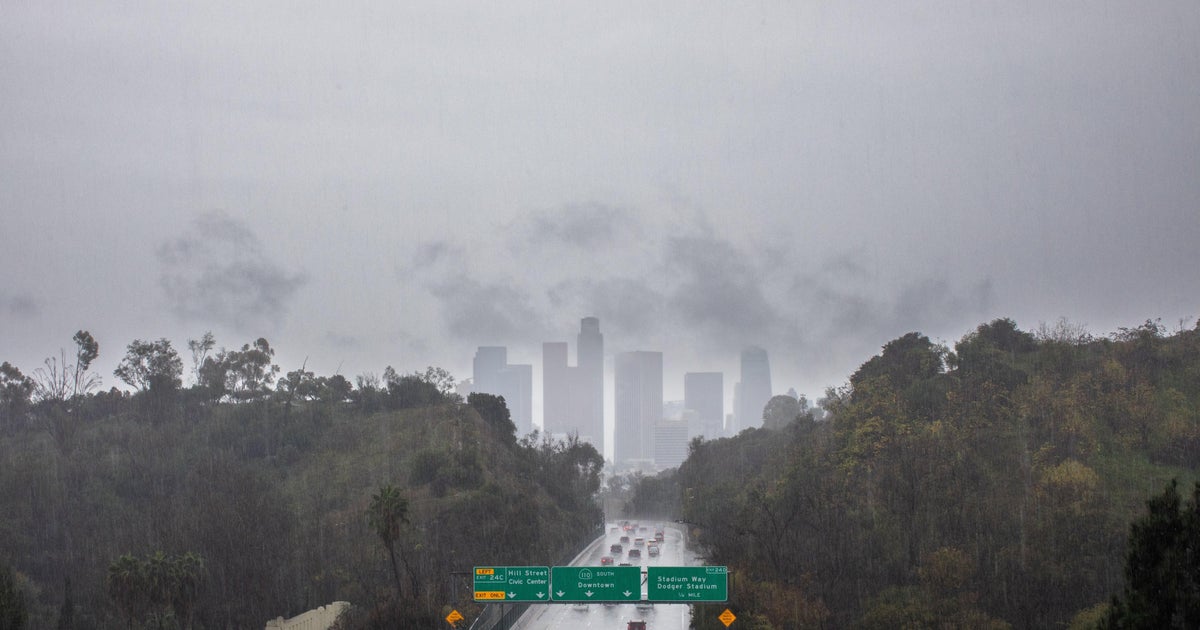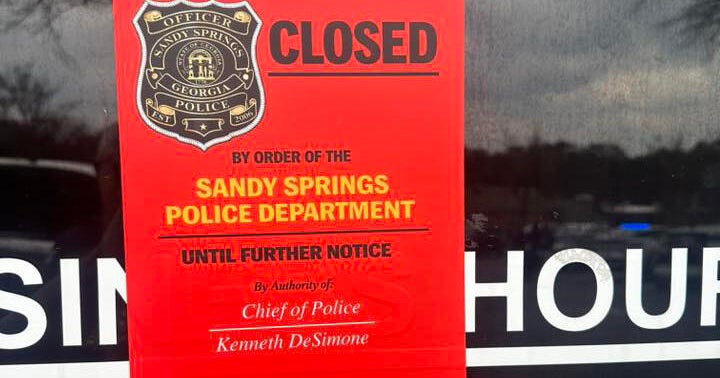University Study Says SF Commute Traffic Could Be Nation's Hardest-Hit When Lockdown Eases
SAN FRANCISCO (KPIX) -- A Vanderbilt University study is sounding the alarm on Bay Area traffic once the shelter-in-place order is lifted and shows the morning commute could potentially increase by up to 42 minutes for drivers.
Researchers believe that, in our new social-distancing world, some people will avoid public transit like BART and Muni. Instead, they'll drive to work which would mean many more cars and heavier traffic.
RELATED: COVID-19 Commute Times Could Double If Bay Area Ditches Public Transit for Cars
"I'll definitely try to avoid public transit, just because it's very hard to stay away from people in such a confined space like that," said Dylan Brooks, who commutes from Vacaville.
"The virus is going to keep spreading. I would not take [public transit] due to the virus at this point," said Desiree Rankin.
The Vanderbilt study projects that, post coronavirus shutdown, traffic in public-transit-dependent San Francisco will be hit harder than any other major U.S. city because so many transit riders will be scared to return to crowded spaces.
The study found that, even if just one in four transit users switch to driving, commute times into San Francisco would increase by 10 minutes. If three in four riders switch to cars, commute times would go up by 42 minutes.
"I'll go back to taking public transit because it's the best way to go," said Sarah Burroughs, who typically takes BART from Pleasant Hill to work in the city.
"How many jobs will there be for folks to return to?" asked Metropolitan Transportation Commission spokesman John Goodwin.
Goodwin said that, instead of the typical 9-to-5 workday, some companies may add shifts so workers can have space for social distancing and some people will continue to work from home post-shutdown.
"We're going to have more people in cars. We just don't know how many more," Goodwin said.
He said traffic is already slowly increasing. For the week of April 5, weekday traffic for the seven bridges, not including the Golden Gate Bridge, came in under a million cars. By the end of April, the bridges recorded more than 1.1 million vehicles. Weekend traffic also inched up, from about 250,000 vehicles to more than 336,000.
Transportation officials say the clock is ticking as they work on ideas to reduce traffic after the shelter-in-place order is lifted. BART, for example, is exploring the concept of single-use hand straps for riders.
